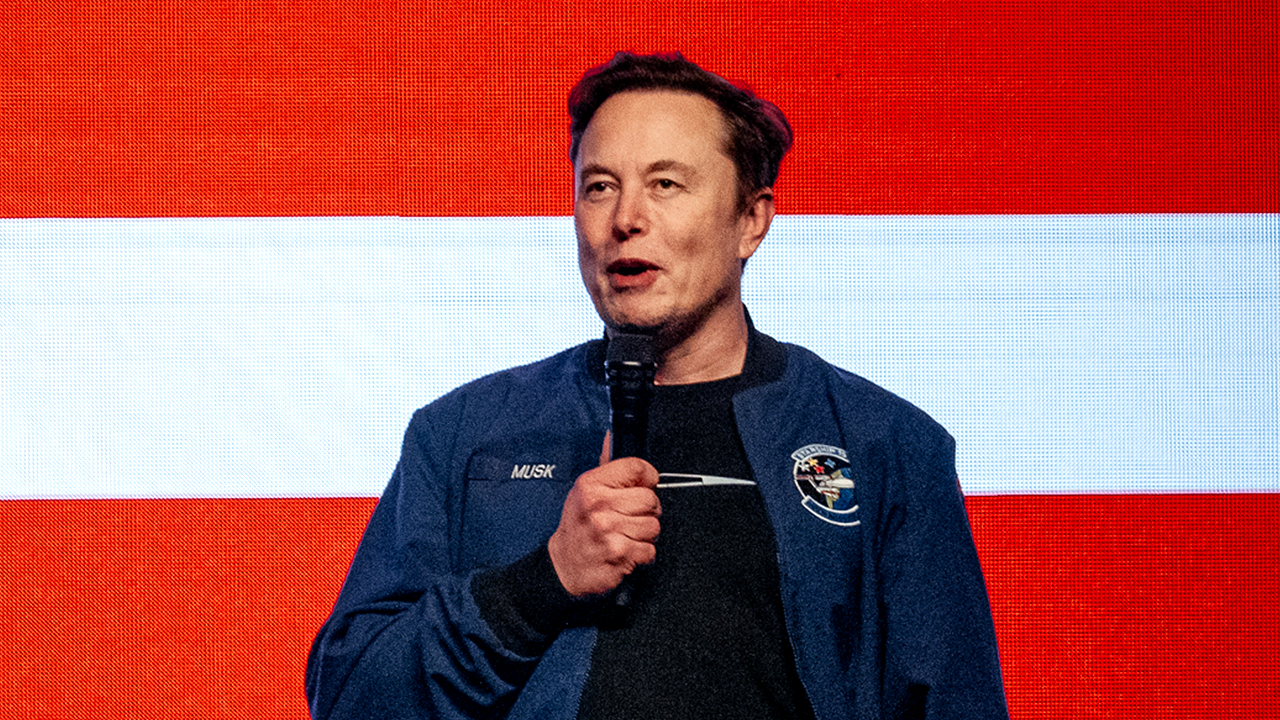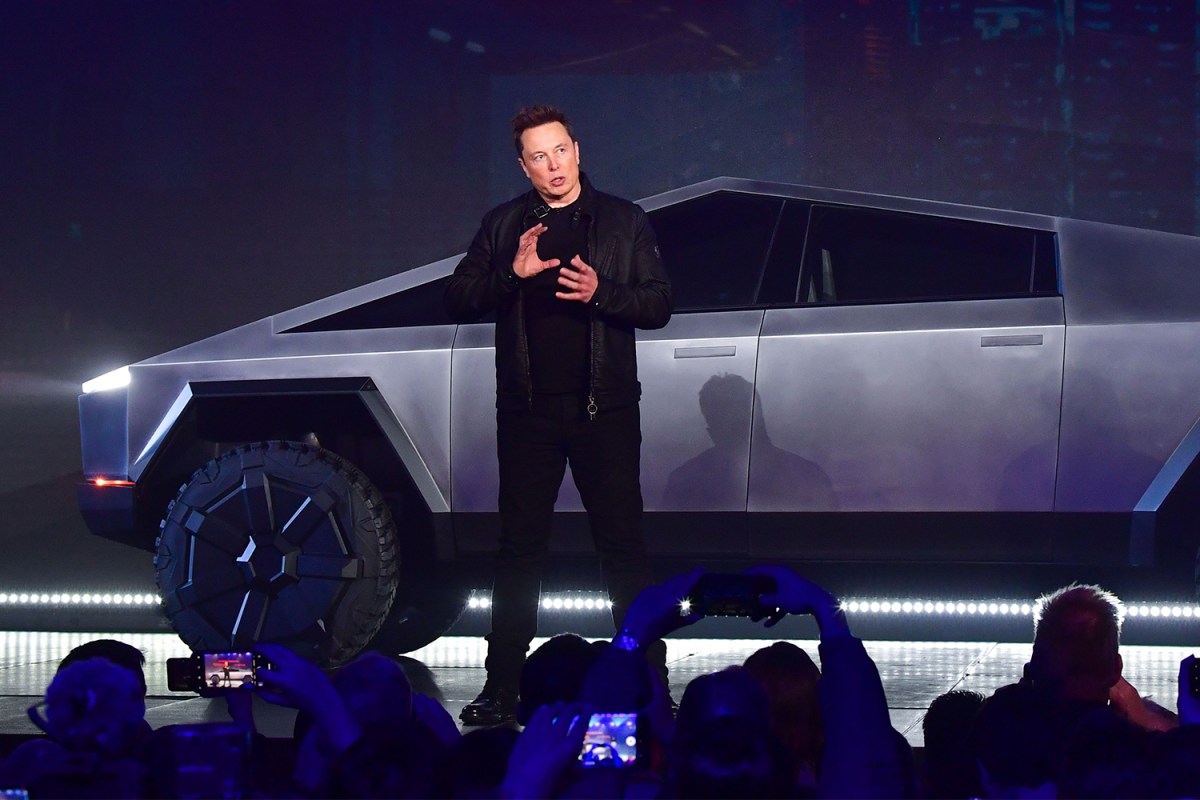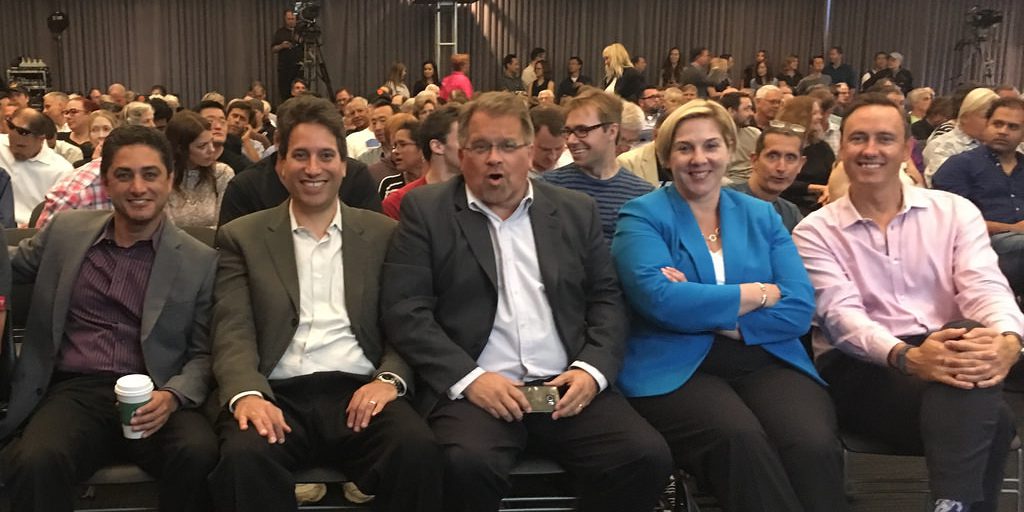
In a dramatic internal showdown that exposes the ongoing friction within Tesla’s leadership, CEO Elon Musk faced intense questioning by the company’s senior executives after tweeting a misleading denial about the cancellation of Tesla’s eagerly awaited $25,000 electric vehicle model. This confrontation shines a light on the persistent challenges Tesla faces as it balances Musk’s impulsive social media presence with the company’s regulatory and governance responsibilities.
Last year, Reuters published a report revealing that Tesla was shelving its $25,000 vehicle project in order to focus resources on the ambitious Robotaxi program — a self-driving ride-hailing service Musk has touted as a cornerstone of Tesla’s future. The cancellation of a lower-cost model raised alarms among Tesla supporters who saw it as a potential barrier to wider EV adoption.

In response to the report, Musk took to Twitter, forcefully denying the claim and accusing Reuters of “lying.” Yet, subsequent revelations from Reuters, based on insider information, show that Musk’s tweet contradicted internal communications where he had informed Tesla employees that the project was indeed being canceled.
This discrepancy left Tesla’s executives confused and concerned about the conflicting messages coming from their own CEO.
Tesla’s leadership quickly moved to get to the bottom of the confusion. Senior executives reportedly confronted Musk directly, demanding clarity on whether he had changed course regarding the $25,000 model without consulting them. According to unnamed sources cited by Reuters, Musk reaffirmed that the cancellation was still valid, but his public statements continued to sow doubt.
Months later, during an earnings call, Musk made a sardonic remark describing the $25,000 Tesla as “pointless,” further suggesting that the project was effectively dead.
The internal dispute is not merely about product strategy but carries serious regulatory implications. Tesla executives feared that Musk’s misleading tweet could provoke scrutiny from the Securities and Exchange Commission (SEC), rekindling memories of Tesla’s 2018 legal battles with the agency.

In 2018, Musk tweeted his intention to take Tesla private at $420 per share — a move that led to a costly settlement with the SEC and an agreement requiring Musk’s Tesla-related tweets to be reviewed by company lawyers before posting.
Despite the agreement, sources indicate that Musk often sidesteps the vetting process, posting tweets without legal approval, a behavior that keeps Tesla on precarious footing with regulators. The recent tweet denying the cancellation of the $25,000 model renewed concerns within the company that Musk’s online impulses might again invite regulatory penalties or market disruptions.
While it remains unclear whether the SEC has launched a formal investigation in response to this particular incident, Tesla’s internal response reflects the seriousness of the threat. The executive team’s decision to confront Musk shows a growing intolerance for public statements that could jeopardize the company’s compliance or investor trust.
The episode also sheds light on the complex relationship dynamics within Tesla. Musk’s role as visionary innovator and dominant public figure gives him enormous influence but also complicates management’s efforts to control messaging and risk. Executives find themselves walking a tightrope — supporting Musk’s bold leadership while attempting to mitigate the fallout from his erratic communication style.

This tension reflects a broader challenge faced by companies helmed by charismatic founders who leverage social media to communicate directly with the public. Musk’s tweets can rally investors and create buzz, but they also have the power to unsettle markets, invite regulatory scrutiny, and confuse stakeholders.
Managing these dual effects requires disciplined governance and clear communication protocols — areas where Tesla has struggled.
The cancellation of the $25,000 vehicle marks a significant strategic pivot for Tesla, signaling a shift away from affordability toward advanced autonomous vehicle technology. Musk’s focus on the Robotaxi program reflects his long-term vision of a driverless future but risks alienating price-sensitive consumers and raising questions about Tesla’s commitment to broad EV accessibility.
Mixed and contradictory messages about the fate of the affordable Tesla model exacerbate uncertainty among customers, investors, and industry analysts. The public denial followed by implicit acknowledgment creates confusion that can undermine confidence in Tesla’s product roadmap and strategic clarity.

From a financial perspective, the cancellation of the lower-priced model may affect Tesla’s ability to scale rapidly in competitive global markets. Affordability is a critical driver for EV adoption, especially in emerging economies. By sidelining the $25,000 car, Tesla may cede ground to rivals aggressively targeting the mass market.
Tesla’s ongoing challenges with regulatory compliance also carry financial risks. The 2018 SEC settlement cost Musk $20 million personally and Tesla another $20 million. Future enforcement actions could result in penalties, operational restrictions, or damage to Tesla’s valuation and investor goodwill.
Analysts warn that Musk’s social media conduct remains one of Tesla’s most significant vulnerabilities. The CEO’s impulsive tweets can drive short-term stock price volatility and potentially lead to costly legal battles, distracting from Tesla’s core mission of innovation and growth.
Tesla’s experience serves as a case study for the difficulties of balancing founder-driven leadership with the demands of public company governance in the digital age. Maintaining the CEO’s vision and authenticity while ensuring compliance and stability is a delicate, ongoing struggle.

Looking ahead, Tesla’s ability to strengthen internal controls, enforce communication policies, and perhaps temper Musk’s social media impulses will be critical in preventing similar crises. How Tesla manages this balance may influence its trajectory as it expands into new markets and technologies.
This incident also invites reflection on Musk’s broader impact on the tech industry. His groundbreaking work in electric vehicles, space exploration, and artificial intelligence continues to redefine industries, but his unpredictable public behavior keeps stakeholders on edge.
In conclusion, Tesla executives’ fierce questioning of Elon Musk following his misleading tweet about the $25,000 vehicle project underscores the challenges Tesla faces in reconciling visionary leadership with responsible governance. As Tesla charts its future, it must grapple with managing the risks that come with Musk’s outsized personality to ensure long-term stability and success.
-1749483269-q80.webp)


-1750570235-q80.webp)